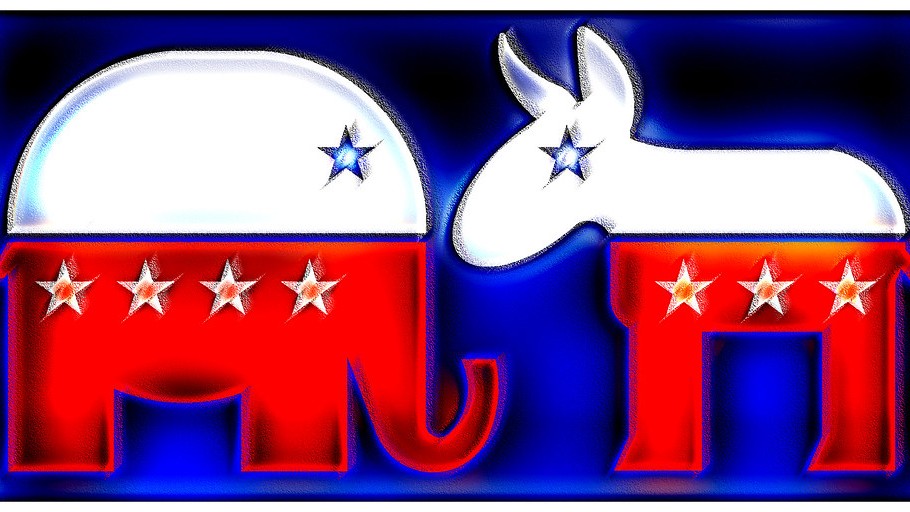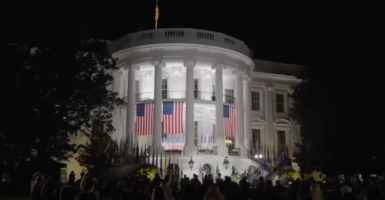The Majority Of Americans Don’t Approve Of Affirmative Action
A new poll says most Americans are against affirmative action as an enrollment factor in college admissions.
Affirmative Action has been a touchy subject for decades. The effort seemed heartfelt at its core to many advocates. To improve employment and higher education opportunities for often unrepresented minorities, the government set out to enact the law as a means to improve the rate at which these individuals were represented in various sectors. The law has always been met with controversy, and a new study suggests that overall, most Americans don’t agree with the process.
A recent study conducted by the Pew Research Center found that 74% of all Americans think that race and ethnicity should not be a factor when considering college admissions. Furthermore, the study found that 82% of people likewise do not believe gender should be a determining factor. To show how widespread this disdain for affirmative action really is, the study was conducted amongst every racial group and included a mixture of Democrats and Republicans as well.

The study presented questions depicting typical affirmative action connotations that colleges and universities often consider when making their decisions about who to accept for admission. The question verbatim asked, “Do you think each of the following should be a major factor, minor factor, or not a factor in college admissions?” The most support was given to high school grades, which 61% said should be a major factor with 32% stating it should be a minor one. Scored and standardized tests rang in at second place for importance. 39% said they should be a major factor. Similarly, Pew ran the same type of survey a few years ago, and the results mimicked today’s, according to Inside Higher Ed.
The study’s findings come as no surprise to many, especially given the media attention given to the recent announcement that the U.S. Supreme court agreed to hear two cases later this year that deal with affirmative action and admissions. This past fall, the Supreme Court agreed to hear the case against college admission facets from both Harvard University and the University of North Carolina at Chapel Hill (UNC). The suit states that the two universities are guilty of penalizing Asian American applicants, more so by using race as a major factor in their admission policies.
Many Americans might be against affirmative action, but it has nonetheless remained in staunch support by colleges and universities around the nation. What began as a remedy to countless years of discrimination against minorities and women when it came to applications was felt to only further endorse discrimination. Opponents argue that by giving preference to certain types of groups, others that may be much more qualified are instead being discriminated against.

Those who support affirmative action see things in a different light. Proponents say it helps eliminate stereotypes. In a school setting, advocates argue that it enriches students and faculty members with a different cultural viewpoint. Furthermore, it is said to give opportunities to worthy minorities that might not otherwise have the opportunity or means to apply.
At a time when divisive concepts, critical race theory, and a general war against education is raging through politics, affirmative action is a key factor in the argument. When the Supreme Court hears the case against Harvard and UNC, it will likely have lasting effects on how workplaces and colleges consider admissions. Whether it will be for the better, however, is yet to be seen.



